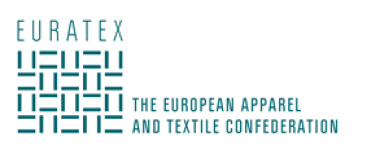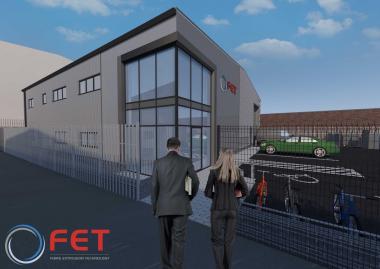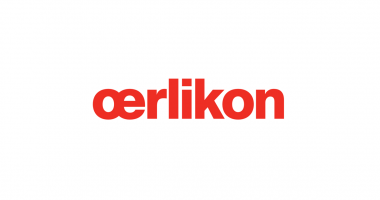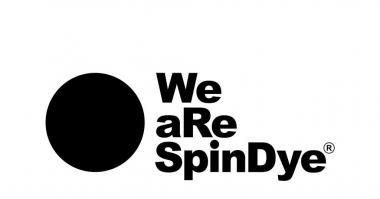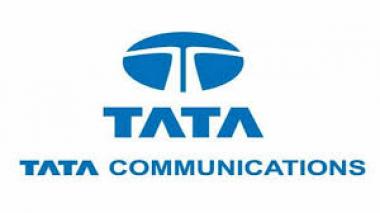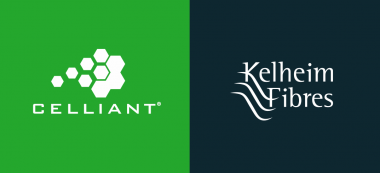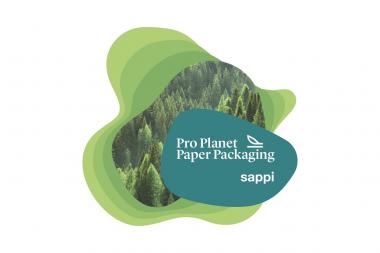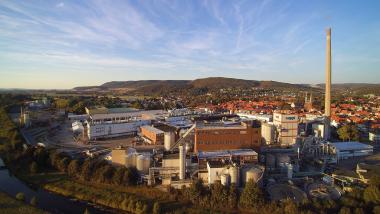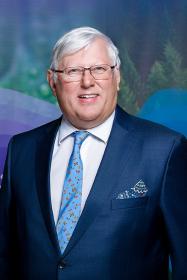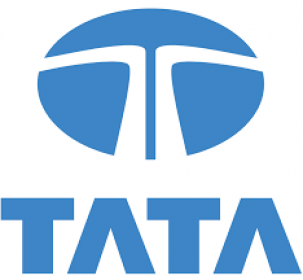Asahi Kasei renews membership by the United Nations BCtA programme
Asahi Kasei's ongoing commitment to strengthen the Bemberg™ fibre value chain from raw materials to final products textile industry and support local people, institutes, and the environment, has been recognized by the United Nations BCtA programme, who has renewed its membership for India. Starting from the company and including the material, Bemberg™ integrates new generations of values such as innovation and responsibility together with design. This important breakthrough showcases how the smart fibre is globally recognized for its innovation, responsibility and ability to deliver high-quality and sustainable ingredients at the same time committed to support the Sustainable Development Goals (SDGs).
Objectives of this initiative include:
- By 2023, enhance skills of 1,671 employees in the Bemberg fiber industry and advance production efficiency of 55 small to medium scale de-linting, weaving and dyeing manufacturers, through employee training, capital investment and technical support.
- By 2023, develop capacity of 575 young people, especially women, who will lead the Indian textile industry, by providing vocational training opportunities and institutional support for the three schools.
- By 2023 cumulative amount of 40,000m3/day textile dyeing effluent will be treated and recycled back to their own textile dyeing process, which is equivalent to saving daily water access to natural water resources for approx. 25,000 households.
Asahi Kasei Bemberg™ fibres Fibers UN Sustainable Development Goals Sustainability
Asahi Kasei Corp. / GB Network Marketing Communications Srl






